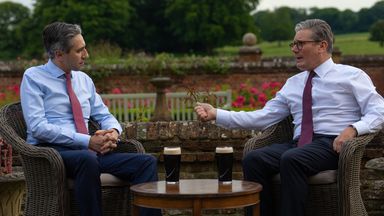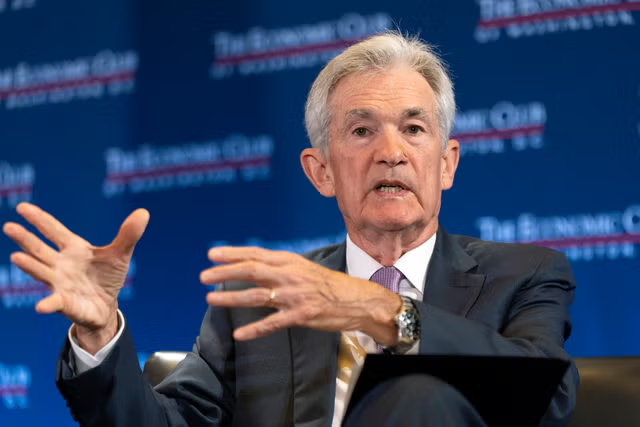Your support helps us to tell the story
Support NowAs your White House correspondent, I ask the tough questions and seek the answers that matter.
Your support enables me to be in the room, pressing for transparency and accountability. Without your contributions, we wouldn't have the resources to challenge those in power.
Your donation makes it possible for us to keep doing this important work, keeping you informed every step of the way to the November election

Andrew Feinberg
White House Correspondent
The Italian culture minister has resigned days after tearfully apologising to his wife for having an affair.
Gennaro Sangiuliano tendered his resignation on Friday nearly two weeks after the rumours of his affair with consultant Maria Rosaria Boccia began.
The scandal included speculation that Boccia had been given access to sensitive government documents pertaining to an upcoming Group of Seven (G7) culture ministers meeting.
It erupted last month when Sangiuliano denied Boccia’s announcement on social media that she had formally been appointed as an adviser for major events in the ministry.
Italian prime minister Giorgia Meloni accepted the resignation of Sangiuliano, a member of her far-right Brothers of Italy party, calling him “an honest man”.
In an interview Wednesday on RAI state television, Sangiuliano said Boccia’s appointment had never been finalised due to the potential conflict of interest related to the affair.

He also said that he had personally footed the bill for her expenses while on ministry business, and insisted that she never had access to sensitive government material. He said he had broken off the brief affair on 8 August.
“The first person I must apologise to, an exceptional person, is my wife,” Sangiuliano said tearfully. “I apologise to Giorgia Meloni, who trusted me, for creating embarrassment for her and for the government.”
Boccia has since filled her Instagram feed with rebuttals as Sangiuliano tried to tamp down the firestorm surrounding her.
They included a recording that appeared to confirm her appointment and her insistence that the ministry had always paid for her expenses despite Sangiuliano’s denials.
Sangiuliano put his mark on the ministry by replacing foreigners who were directors at top Italian museums and installing a new head of the Venice Biennale to counter what some saw as years of left-wing bias. He also backed a new five-euro entrance fee to the Pantheon, Italy’s most visited cultural site.
In a statement, Meloni thanked him for his “extraordinary work that permitted the Italian government to deliver important results in the relaunch and valorization of the great Italian cultural heritage, also beyond national borders”.
Meloni was on hand later for the swearing in of Alesandro Giuli, head of Rome’s MAXXI museum of contemporary art and architecture for nearly two years, as the new culture minister.
Disclaimer: The copyright of this article belongs to the original author. Reposting this article is solely for the purpose of information dissemination and does not constitute any investment advice. If there is any infringement, please contact us immediately. We will make corrections or deletions as necessary. Thank you.





